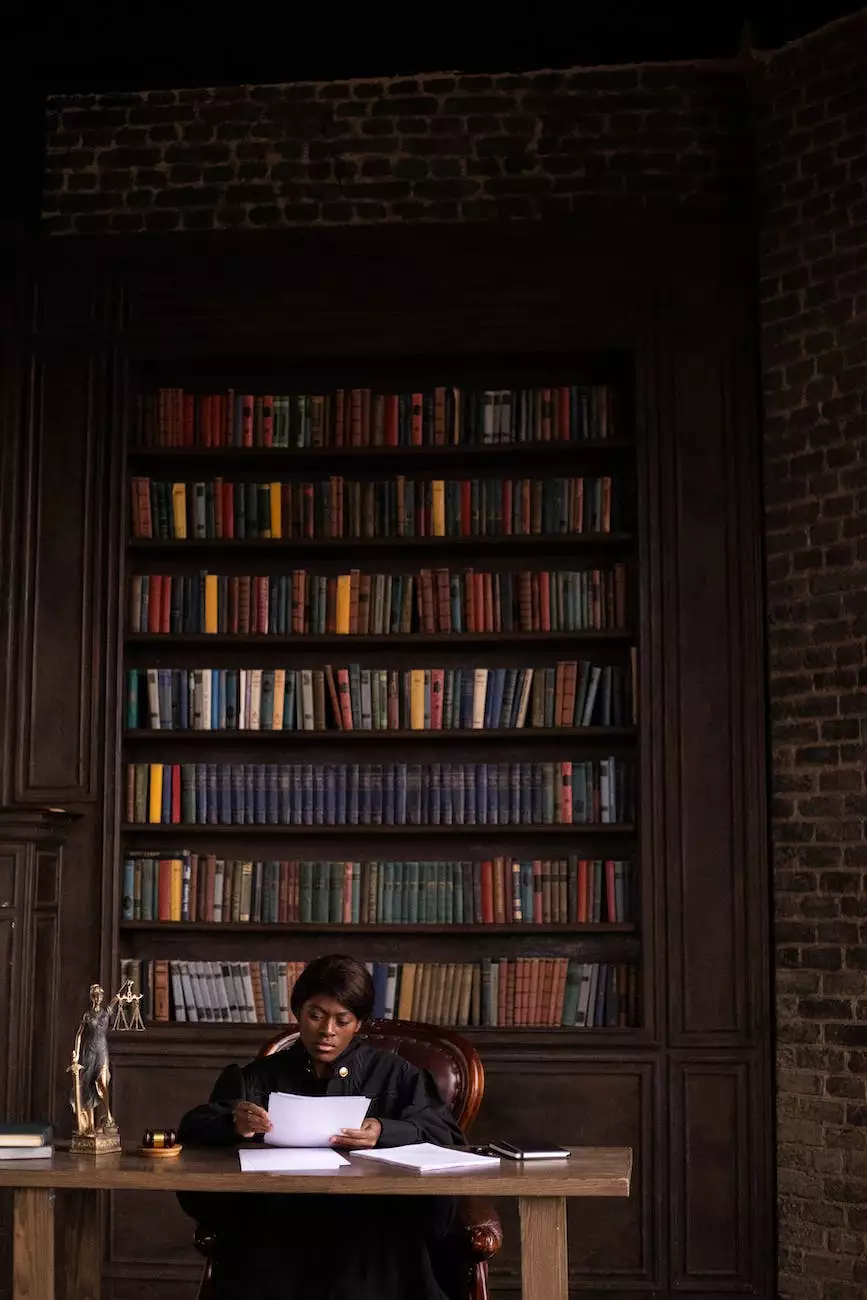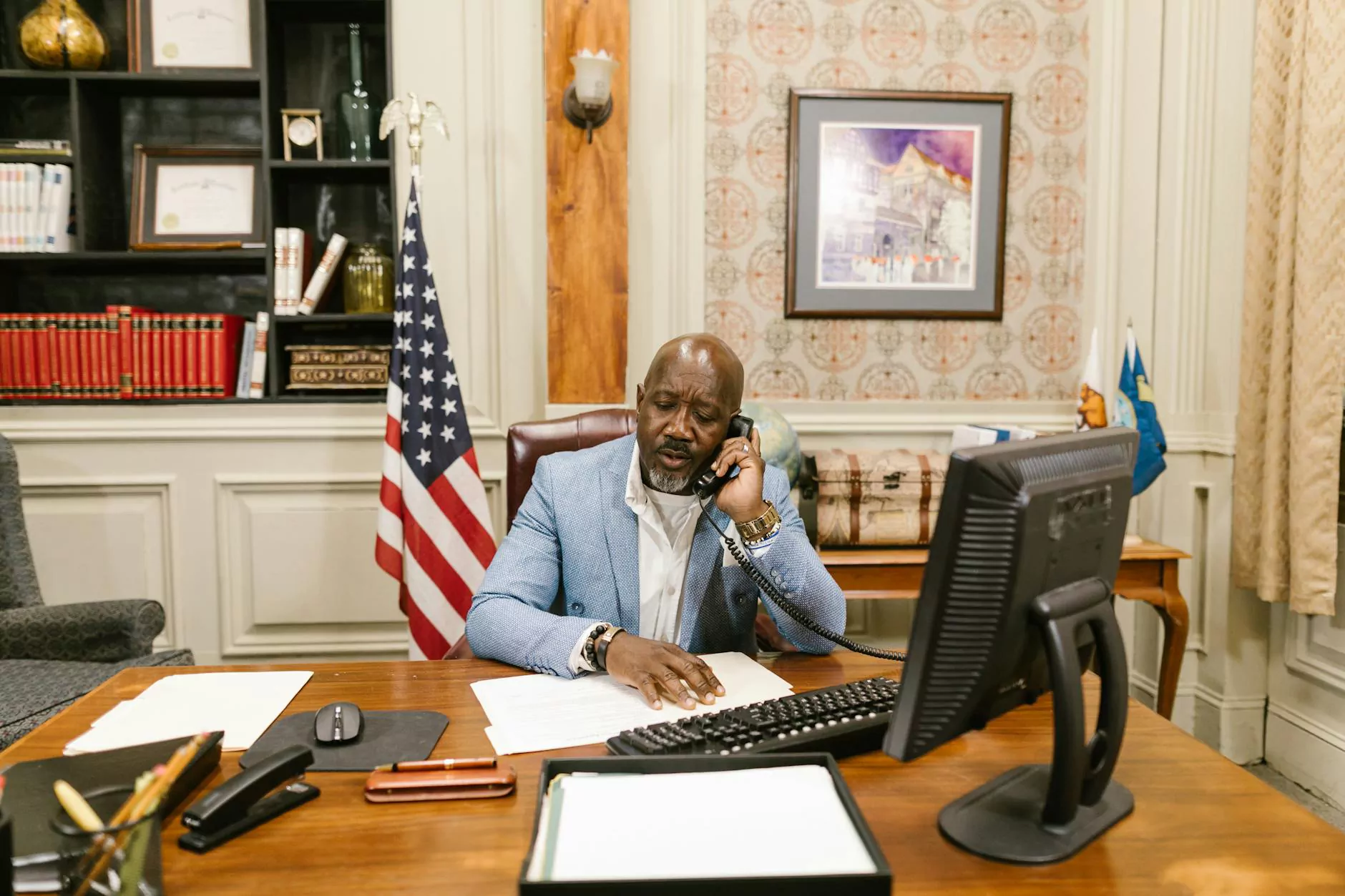What Happens If a State Court Judge Won't Take My Plea Bargain
Blog
Understanding the Plea Bargain Process
When facing criminal charges in a state court, you may be offered a plea bargain as a potential resolution to your case. A plea bargain is an agreement between the defendant and the prosecutor, usually resulting in the defendant pleading guilty to certain charges in exchange for a reduced sentence or other concessions.
The plea bargain process begins with negotiations between your defense attorney and the prosecuting attorney. If both parties are able to reach an agreement, the terms are presented to the state court judge for approval.
The Role of the State Court Judge
A state court judge plays a critical role in the plea bargain process. It is the judge's responsibility to review the terms of the plea bargain and decide whether to accept or reject it. While judges typically respect the agreements reached by the parties involved, there are instances where a judge may choose not to accept a plea bargain.
Reasons a Judge May Reject a Plea Bargain
There can be several reasons why a state court judge may refuse to accept a plea bargain:
- Insufficient Evidence: If the judge believes that the evidence presented by the prosecutor is weak, they may reject the plea bargain and encourage the case to proceed to trial.
- Public Interest: In certain cases involving crimes that have significant public interest, a judge may reject a plea bargain if they believe that it does not adequately address the seriousness of the offense.
- Victim Input: Judges may take into consideration the input or objections of the victim before accepting or rejecting a plea bargain.
- Judicial Discretion: Judges have the authority to exercise their discretion and reject a plea bargain if they believe it is not in the interest of justice.
The Consequences of a Rejected Plea Bargain
If a state court judge refuses to accept your plea bargain, you have several options:
- Renegotiate: You can work with your defense attorney and the prosecuting attorney to renegotiate the terms of the plea bargain in an attempt to reach an agreement that satisfies the judge's concerns.
- Go to Trial: If an agreement cannot be reached, your case will proceed to trial where a jury will determine your guilt or innocence.
- Change Your Plea: You may have the option to withdraw your guilty plea and proceed with a different defense strategy.
- Appeal: Depending on the circumstances of your case, you may be able to appeal the judge's decision to reject the plea bargain.
Seek Legal Representation
Dealing with a rejected plea bargain can be challenging, and it is crucial to seek the guidance of an experienced criminal defense attorney like John P. Bennett. As a knowledgeable attorney specializing in state court cases, John P. Bennett can help you understand your options and navigate the legal process.
John P. Bennett, Attorney at Law, has years of experience representing clients in various criminal cases. With a deep understanding of state court procedures, he can guide you through the complexities of the legal system and fight for the best possible outcome.
Contact John P. Bennett, Attorney at Law, today to schedule a consultation and discuss your case in detail. Let him provide the expert legal counsel you need to navigate your way through a rejected plea bargain.




